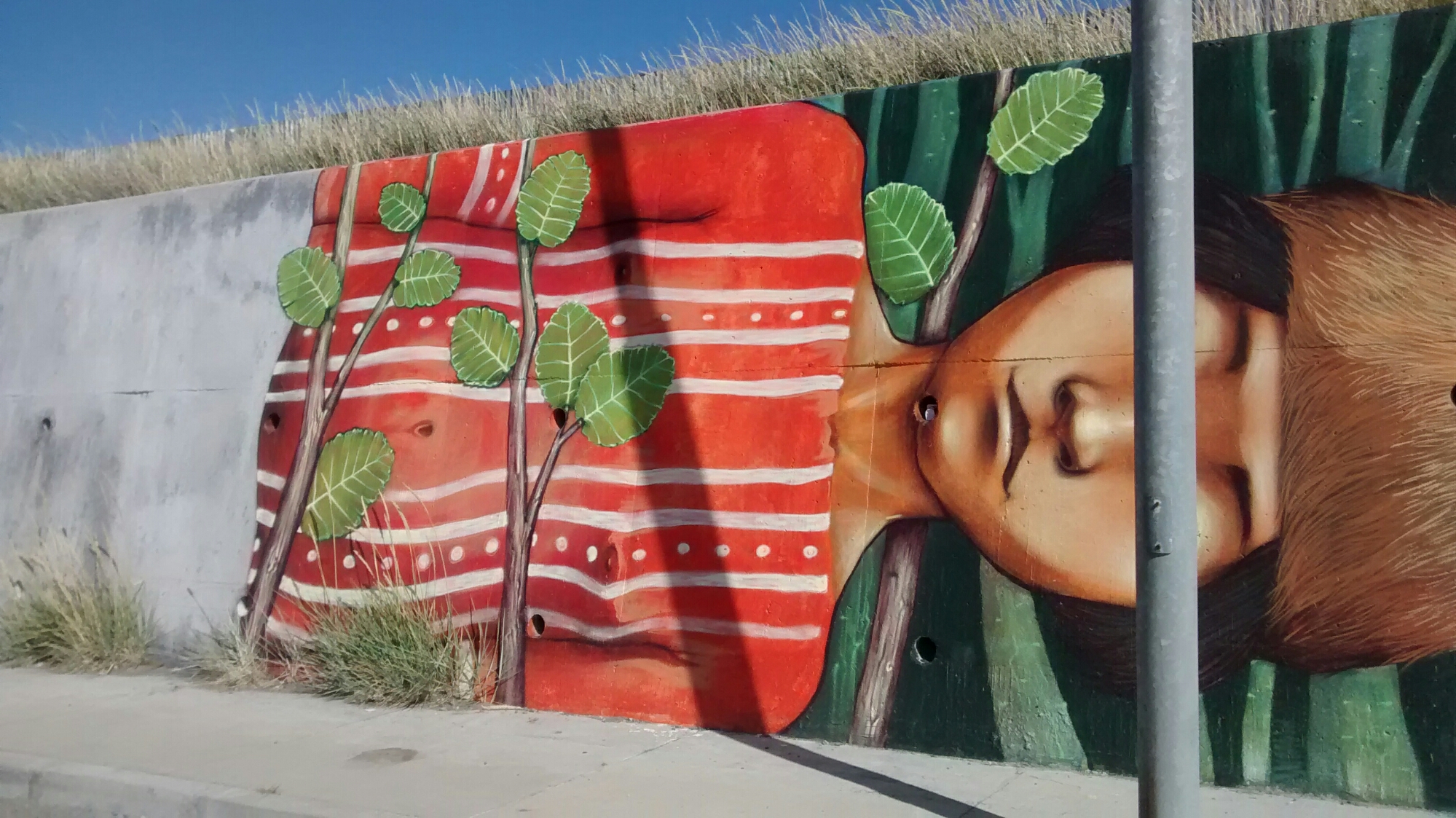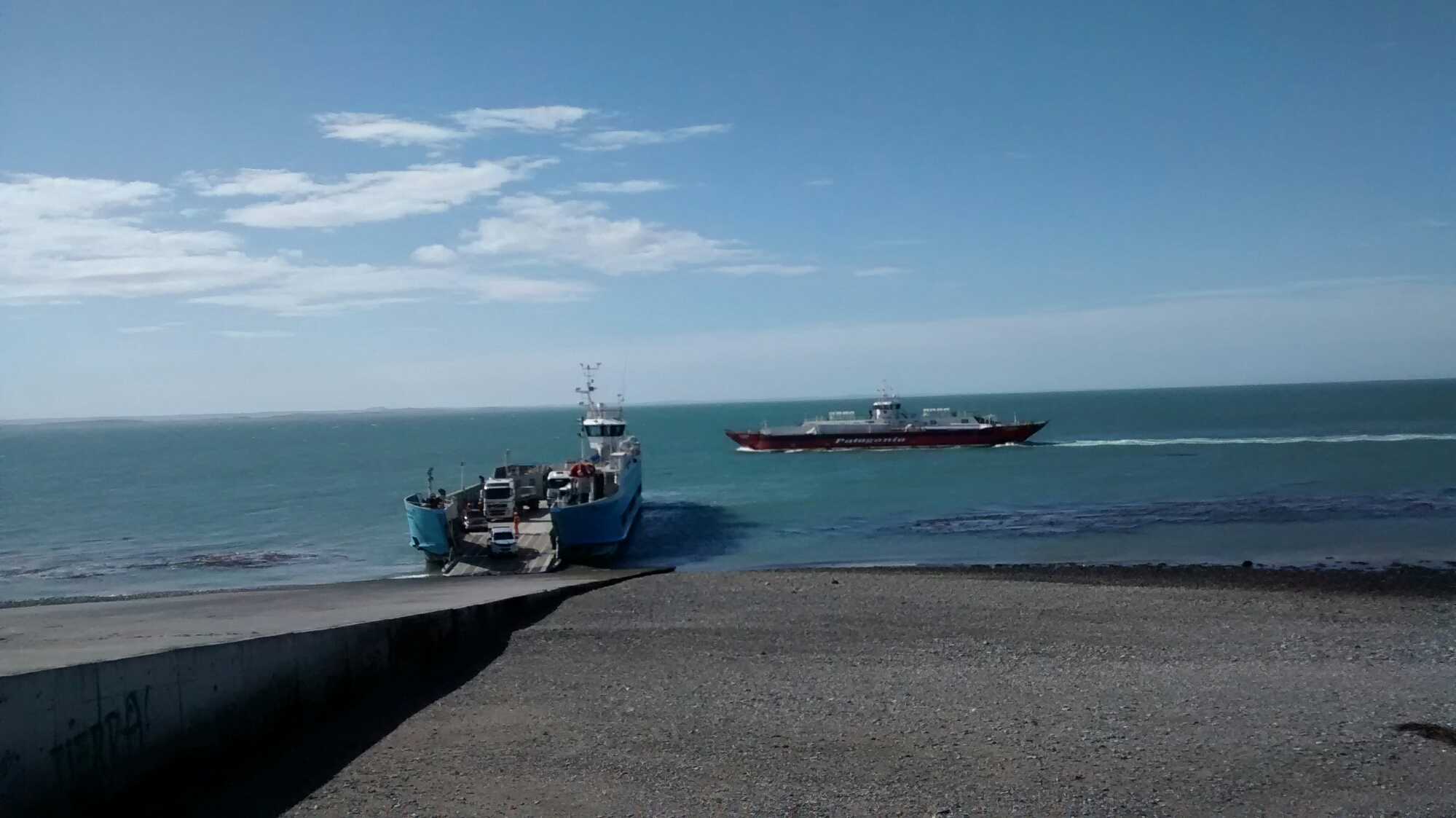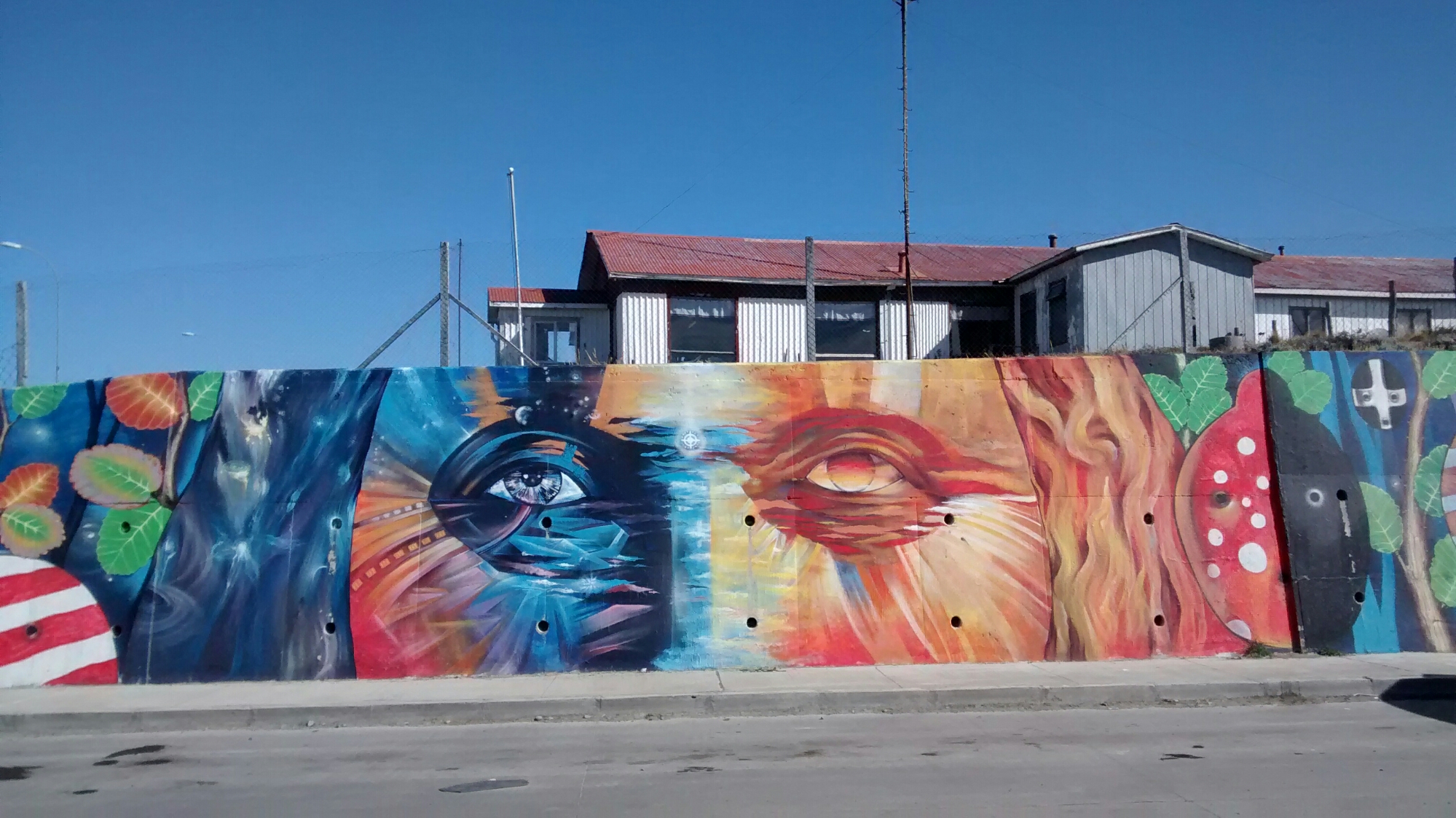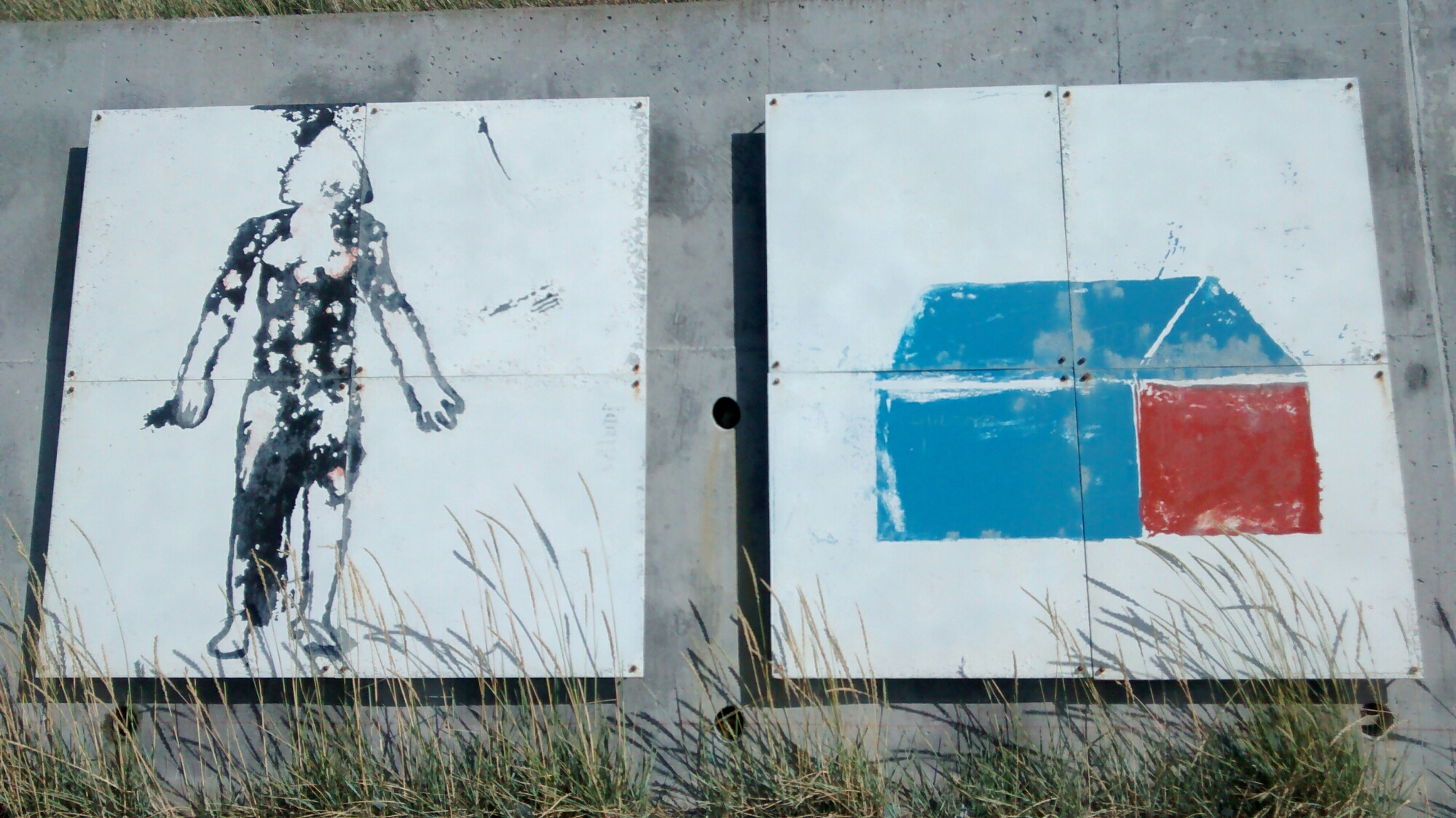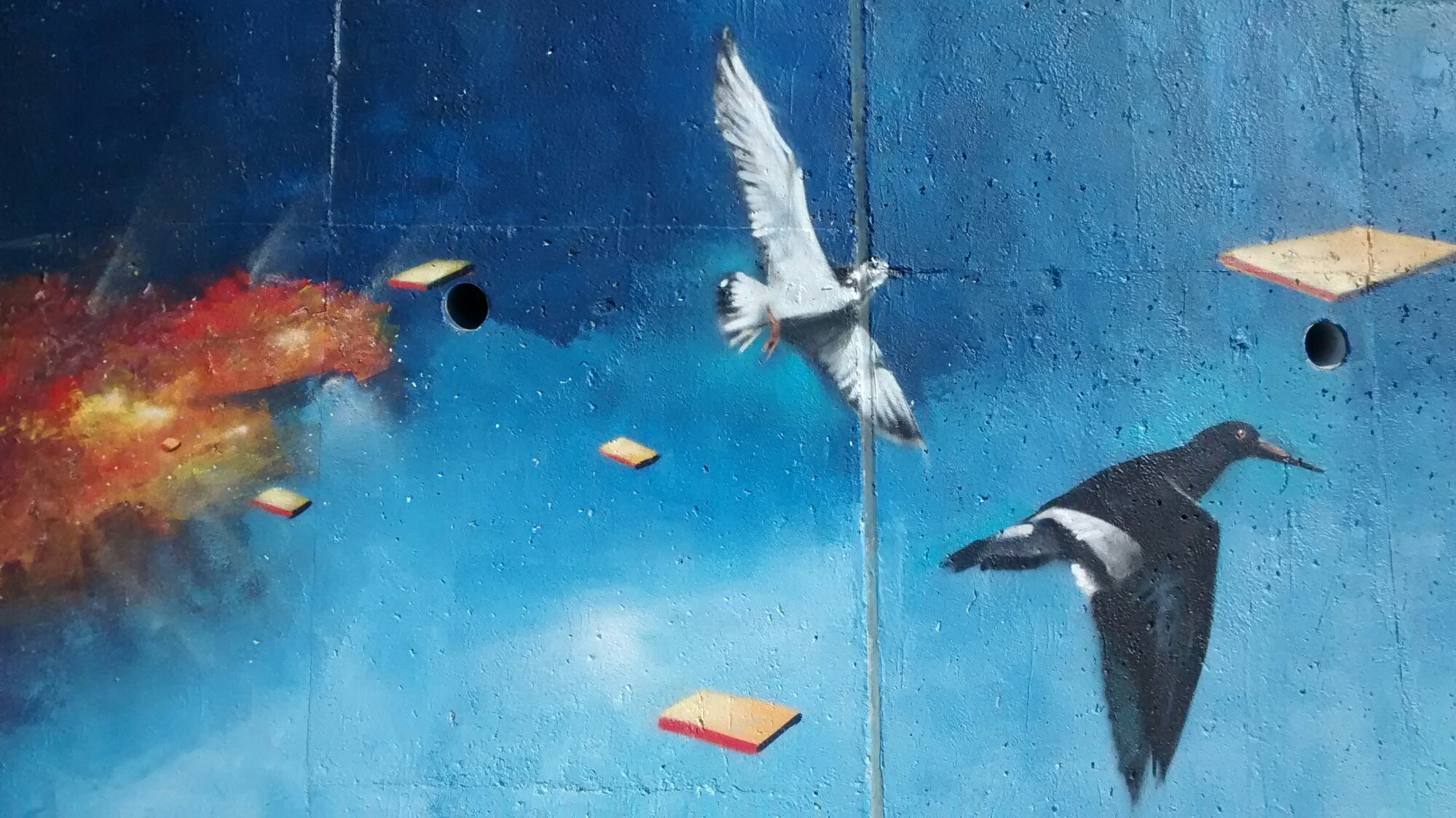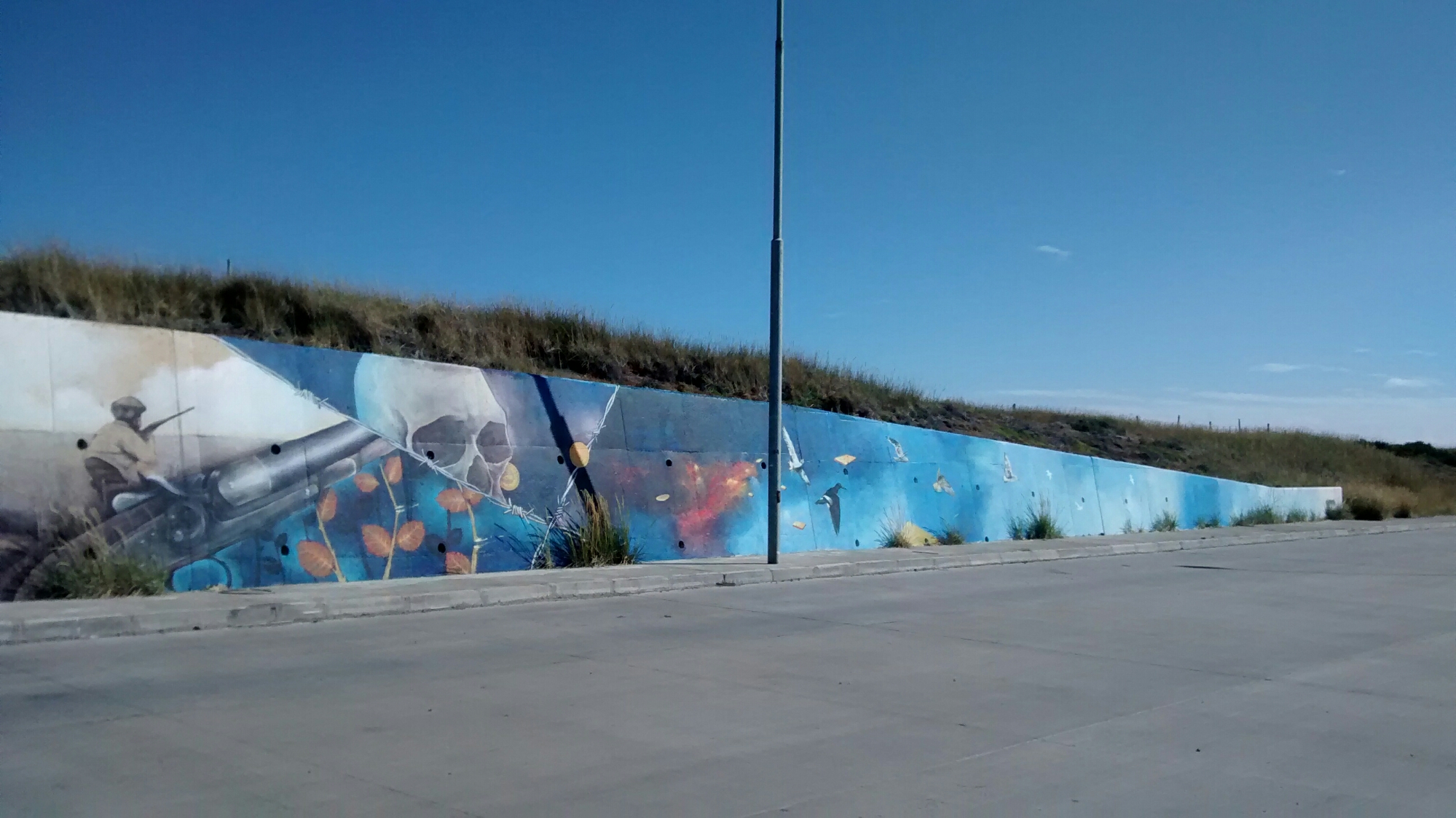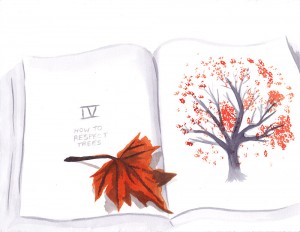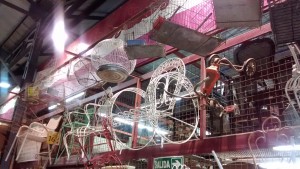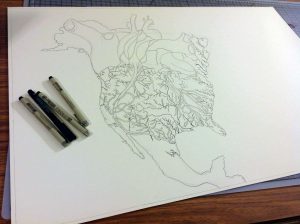Current location: on a Colectivo to Punta Arenas, Chile, following five days in Ushuaia, Argentina, “el fin del mundo (end of the world)”.
It’s a funny feeling, relearning your own personality in a new environment. The places and the people may feel immediately warm and familiar. The thing that feels strange and foreign is you.
I’m shier than I’m used to being. My ears and my mouth are so slow in Spanish, to the point they even slow down my English thinking here. Slowly, I’m regaining myself, but when you’re supposed to be assertive, when you’ve been accused of being even too aggressive in the past, finding yourself quiet and passive can make you feel weak.
Then again, a former mentor once told me to be quiet and listen (and later recounted his own “shut up and learn” mentorship moment), so maybe this a time to follow that advice. No matter the experiences you’ve had before, you are forever a student of the same, basic teachings. Listen so that you may speak. Forget who you are, and when you are a little lighter without your ego, a little emptier without your judgment, a new understanding can begin to fill you.
Then, naive and uncomfortable as you are, you must speak. One, to ask dumb questions that start new dialogues. Two, to assert yourself as someone who is open to these dialogues.
One of the resident artists I met at Proyecto’Ace, Christiane Peschek (check out her work, I love her project, Golden Mountains), said that since learning English and Icelandic, she likes her native voice in German less. As I stumble through my infantile Spanish, I wonder what my own voice will sound like in another language, and how it will change the sound (or my perception of the sound) of my native tongue.
Slowly, I’m understanding more of what people say to me. My grammar is still shit, so while I often recognize words I’ll fail to understand sentences, but it’s getting there. I find myself wanting to speak more. My conversations in Spanish are getting richer. I had a friendly, albeit extremely pungent and idiosyncratic hippie hostelmate in Ushuaia named Almicar. He talked a lot and refused to speak slowly, which pissed me off but made for great practice.
I learned that he’s on his way to Mexico, though how that led him all the way south to Ushuaia, I have no idea. He likes to sculpt clay around old beer bottles and make leather wallets. He’s the middle child in a family with five kids, all sons. He’s an uncle. All of his family lives in the same province of Argentina, except for a grandpa in Italy, but Almicar has zero interest in going to Europe, just like he has no interest in the US. Supposedly, he has a girlfriend in California that he refuses to visit as long as she lives there (though with his hygiene, there may be a reason for the distance). He thinks I should visit Potosi, Bolivia, because there’s a lot of good art there, and that I should stay in South America and be solely an artist. He thinks my Argentenian version of “Castellano” is greatly improving, and also that I’ll not learn real Spanish. He laughed at me for having trouble understanding him, but at least he was good enough to say he knows zero English and won’t try learning, so good on me for trying.
Various Argentine shop owners have given me either candy or stickers for speaking like an Argentine (using “sh” sounds instead of pronouncing y’s, and “vos” instead of “tú” for you). I’ll take it as a compliment that the longer I live here, the less people ask me if I’m a chino and instead start talking rapidly like they expect me to understand. Maybe, eventually, I will.
At this point, I could search for some metaphor on what this whole language deal suggests about the evolution of my artistic expression and career. But since I don’t have time to write something simple and concise, I’ll leave the meaning buried in my wandering stories instead.
Ciao, mis amigos. Buen suerte de Chile.

